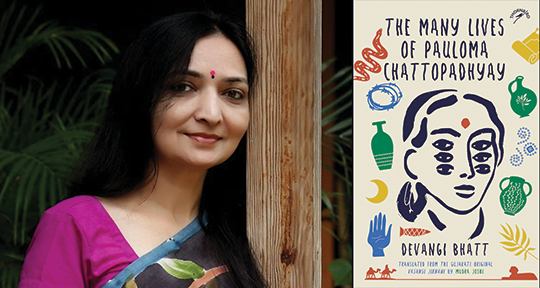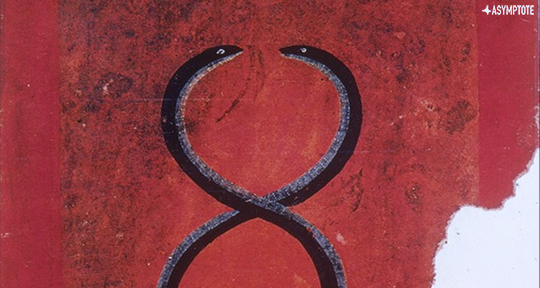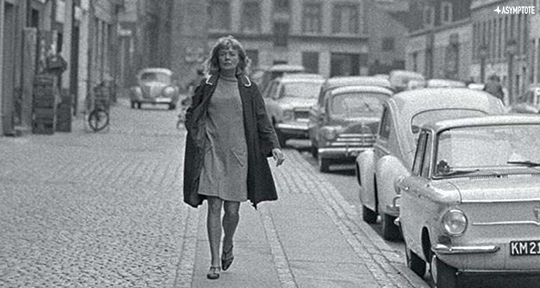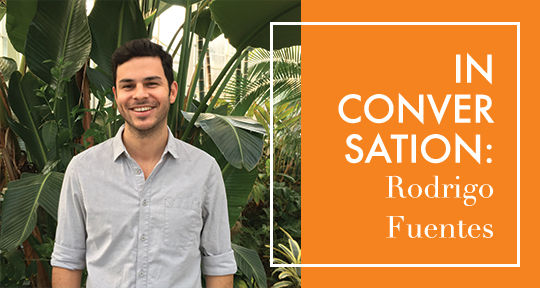Humans throughout history have been fascinated by the elements. Unfathomable forces of nature, they entered our myths and minds aeons ago. There’s no time when we’re not in their thrall. Drawing from the vast store of our collective imagination across mythology, philosophy, religion, literature, science, and art, I present Elementalia, a series of five element-bending lyric essays that explores their enchanting stories and their relationship with the word—making, translating, and transforming meaning and message. This is not an exhaustive (nor exhausting) effort that covers every instance of and interaction with each element, but rather an idiosyncratic, intertextual, meditative work—a patchwork quilt of conversations with other writers, works, and texts across space and time.
Fire. Water. Earth. Air. Space. Fall in.
*
*
Everything written symbols can say has already passed by. They are like tracks left by animals. That is why the masters of meditation refuse to accept that writings are final. The aim is to reach true being by means of those tracks, those letters, those signs but reality itself is not a sign, and it leaves no tracks. It doesn’t come to us by way of letters or words. We can go toward it, by following those words and letters back to what they came from. But so long as we are preoccupied with symbols, theories and opinions, we will fail to reach the principle.
But when we give up symbols and opinions, aren’t we left in the utter nothingness of being?
Yes.
–Kimura Kyoho in Kenjutsu Fushigi Hen (On the Mysteries of Swordsmanship), 1768, epigraph found
in Robert Bringhurst’s The Elements of Typographic Style
Drukpa Kunley, the Master of Truth, himself said,
‘If you think I have revealed any secrets, I apologise;
If you think this a medley of nonsense, just enjoy it!’
Such sentiments, here, I fully endorse!–The Divine Madman, The Sublime Life and Songs of Drukpa Kunley, compiled by Geshe Chaphu,
translated from the Tibetan by Keith Dowman and Sonam Paljor










